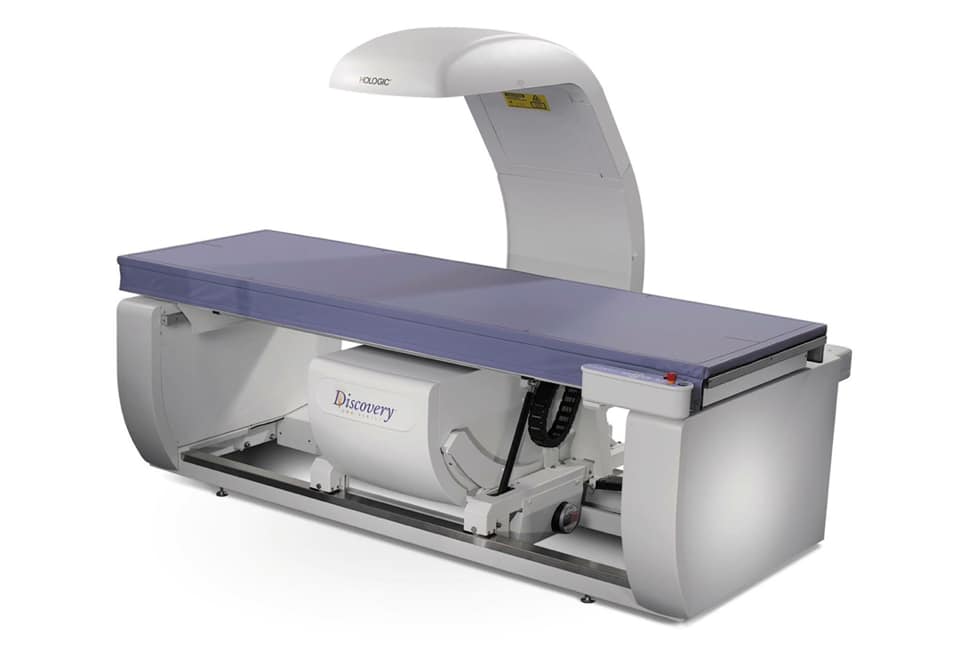
Contact Us
Dual-Energy X-ray Absorptiometry (DEXA/DXA scan)
A DEXA/DXA scan is a type of medical imaging test that utilises two x-ray beams with a different energy to accurately measure the bone density at specific locations in the body, without the influence of the surrounding soft tissues absorbing the X-ray. DEXA scan is currently the most common method used for diagnosing osteoporosis. The scan is quick, safe and requires a low radiation dose. The patient can simply lay comfortably on the patient table and the procedure can be completed within 10 minutes.
現時透過雙重能量X光骨質密度檢查 (DEXA) 是最有效的方法是及早測試出是否患有骨質疏鬆症或骨質缺乏問題,能避免日後出現骨折的問題。
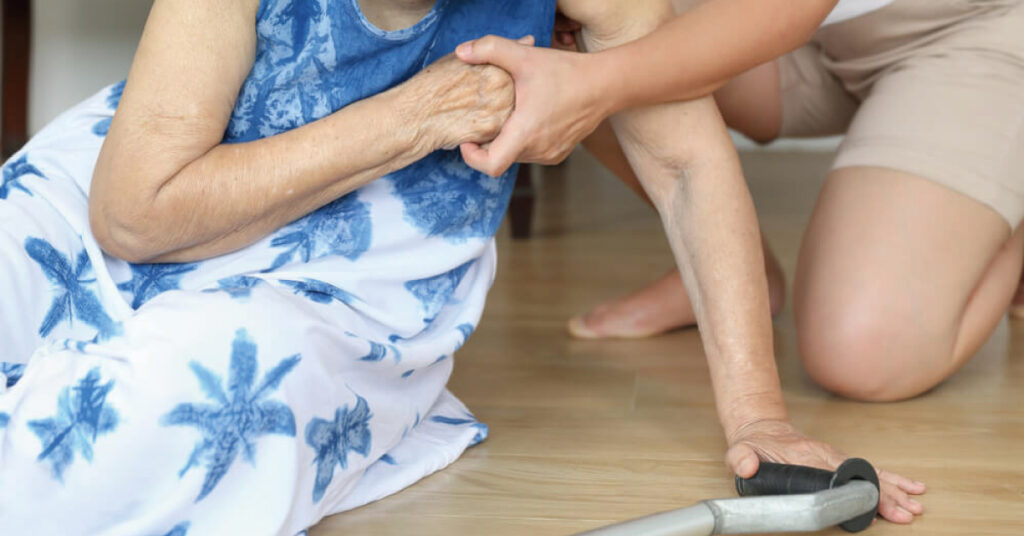
What is the “T-score” in a bone density check?
A DEXA scan is a type of medical imaging test that utilises two x-ray beams with a different energy to scan a specific location or the whole body with a tiny amount of x-ray. It focuses on the examination of the lumbar vertebrae and the femur to measure bone density and loss of bone mass.
The T-score represents your bone mineral density. A 0 in T-score represents a normal, healthy bone density of a normal person. A negative T-score indicates low bone density. The more negative the T-score, the more severe the osteoporosis and the higher the risk of future fracture.
Bone Density Scan (DEXA/ DXA)
DEXA scan is currently the most common method used for diagnosing osteoporosis. It is quick, anaesthesia-free, non-invasive, safe and reliable, and is the most commonly used method for measuring bone density. The patient can simply lay comfortably on the patient table and the procedure can be completed within 15 minutes.
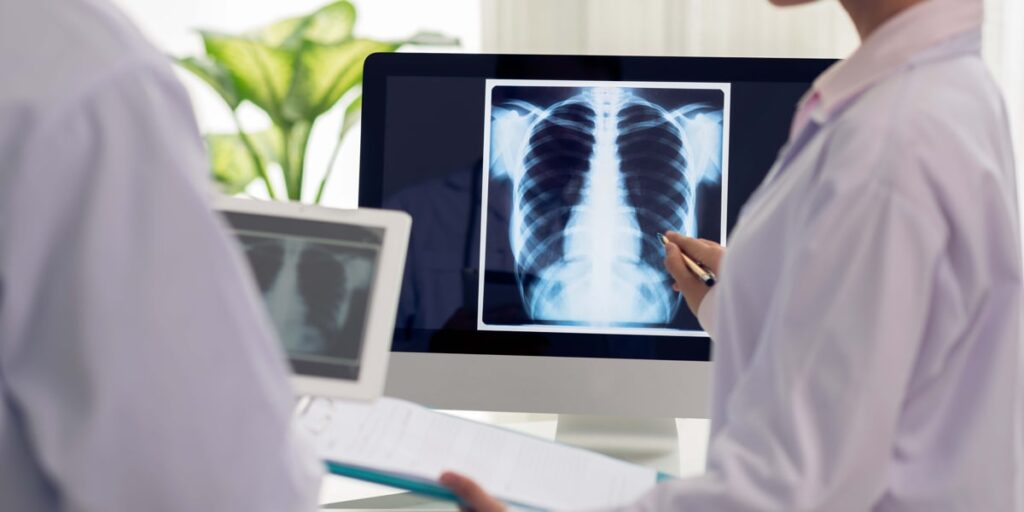
What is Osteoporosis?
Osteoporosis is a metabolic disease of the bone which leads to a reduction in bone density as we age. The density of the affected bones becomes lower and the bones become more fragile, and are therefore more likely to break, resulting in fractures.
In addition to ageing, there are also certain risk factors that contribute to the development of osteoporosis. These factors include excessive alcohol consumption, smoking, inadequate exercise, prolonged immobility (e.g. after a stroke), malnutrition, calcium deficiency, or chronic drug usage (e.g. steroids,chemotherapy drugs, anticonvulsants).
快捷診斷骨質疏鬆症可透過「雙能量骨質密度測量儀」來測量骨質的密度,為目前診斷骨質梳鬆最常用的方法。其檢查過程快捷,安全及只需低輻射劑量。病人只需平躺在檢測床上,15分鐘內檢查便會完成,能準確量度骨質密度,儘早舒緩骨質疏鬆症。
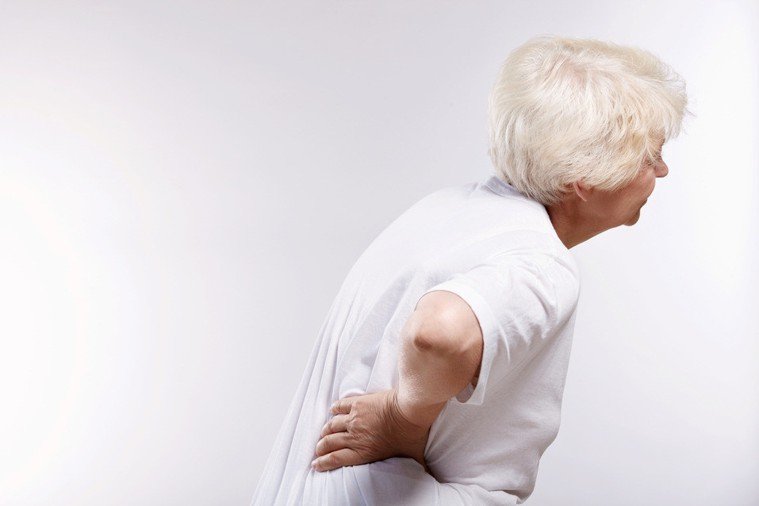
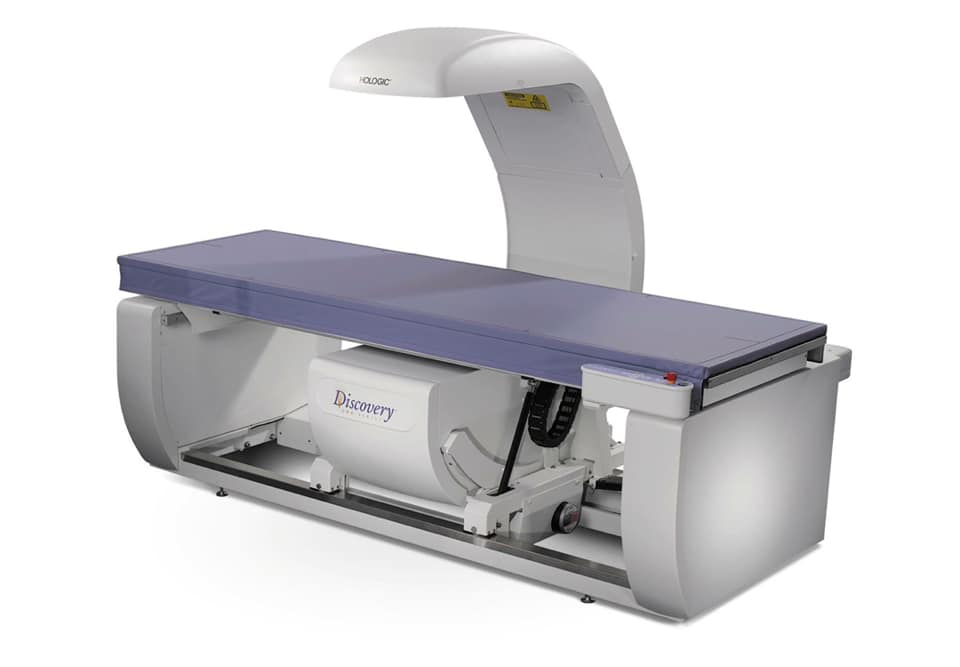
Points to Note
- Avoid taking calcium supplements 24 hours prior to the scan.
- Please inform our medical staff if you have had a barium meal/ CT scan/ MRI scan/ radionuclide and molecular imaging in the past 2 weeks.
- Please inform our medical staff if you are/suspect that you are pregnant.
DEXA/DXA service is available in the following centre:
Langham Place Flagship Centre
(EC Specialists Premium PHF No.: DP000104)
L12, Langham Place Office Tower, 8 Argyle Street, Mong Kok (Mong Kok station Exit E1)
DEXA/DXA scan Q&A
Regular bone density test is recommended for people who are at high risk of developing osteoporosis, including menopausal women or are over 50 years old, men over 50 years old, people with a family medical history of osteoporosis, people with hyperthyroidism/ hyperparathyroidism, people with rheumatoid arthritis, people on long-term steroid medication, people with inadequate exercise, people with inadequate calcium/ vitamin D, and people with chronic alcohol/ tobacco dependence.
建議每年檢查一次,舒緩骨質疏鬆症。
定期進行骨質密度檢查,能掌控骨質健康現況,能提早發現,提早舒緩骨質疏鬆症及骨折風險。
Please inform our staff before the examination if you are pregnant or in doubt of pregnancy.
造成骨質疏鬆症的因素很多,補充鈣質能舒緩骨質疏鬆症,適當的運動、均衡飲食、適量曬太陽幫助身體的維他命D可幫助身體吸收鈣質,減輕鈣質流失。
